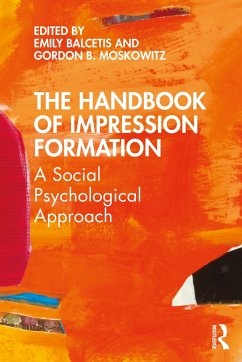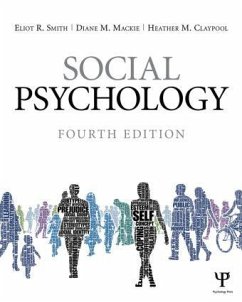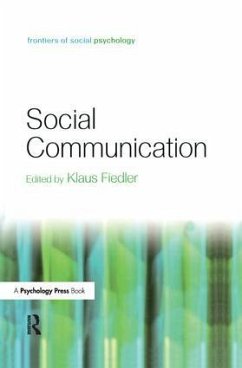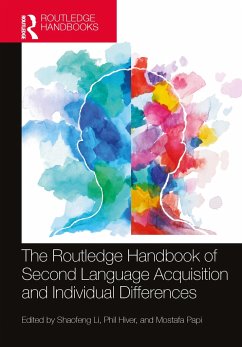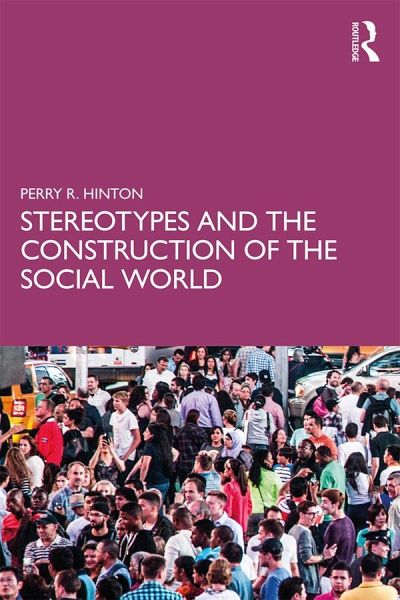
Stereotypes and the Construction of the Social World
Versandkostenfrei!
Versandfertig in 6-10 Tagen
39,99 €
inkl. MwSt.
Weitere Ausgaben:

PAYBACK Punkte
20 °P sammeln!
Stereotypes and the Construction of the Social World explores the complexity of stereotypes, guiding the reader through issues of definition and theoretical explanations from psychology and other disciplines. The book examines why people use stereotypes, which have often been represented as inaccurate, rigid and discriminatory. If that is what they are, then why would people employ such 'faulty' or 'biased' views of others?While this book presents a detailed and comprehensive analysis of the psychological research into the individual use of stereotypes, it also presents this research within it...
Stereotypes and the Construction of the Social World explores the complexity of stereotypes, guiding the reader through issues of definition and theoretical explanations from psychology and other disciplines. The book examines why people use stereotypes, which have often been represented as inaccurate, rigid and discriminatory. If that is what they are, then why would people employ such 'faulty' or 'biased' views of others?
While this book presents a detailed and comprehensive analysis of the psychological research into the individual use of stereotypes, it also presents this research within its ideological and historical context, revealing the important sociocultural factors in what we mean by 'stereotypes'. From the politics of representation and intergroup power relations, alongside individual social cognitive issues, the book provides a comprehensive and cross-disciplinary account of stereotypes and stereotyping.
Featuring a wealth of real-world examples, it will be essential reading for all students and researchers of stereotypes.
While this book presents a detailed and comprehensive analysis of the psychological research into the individual use of stereotypes, it also presents this research within its ideological and historical context, revealing the important sociocultural factors in what we mean by 'stereotypes'. From the politics of representation and intergroup power relations, alongside individual social cognitive issues, the book provides a comprehensive and cross-disciplinary account of stereotypes and stereotyping.
Featuring a wealth of real-world examples, it will be essential reading for all students and researchers of stereotypes.




